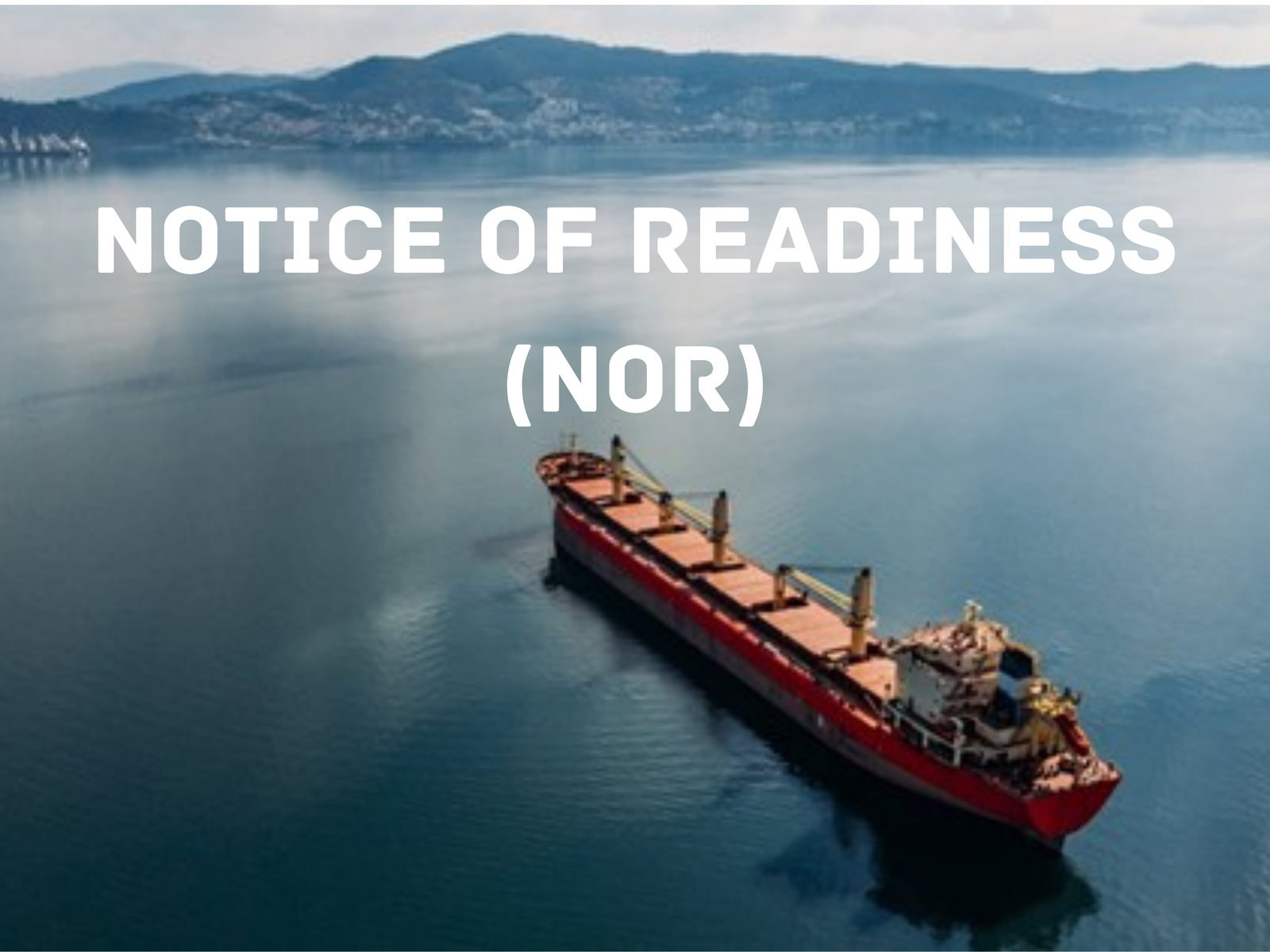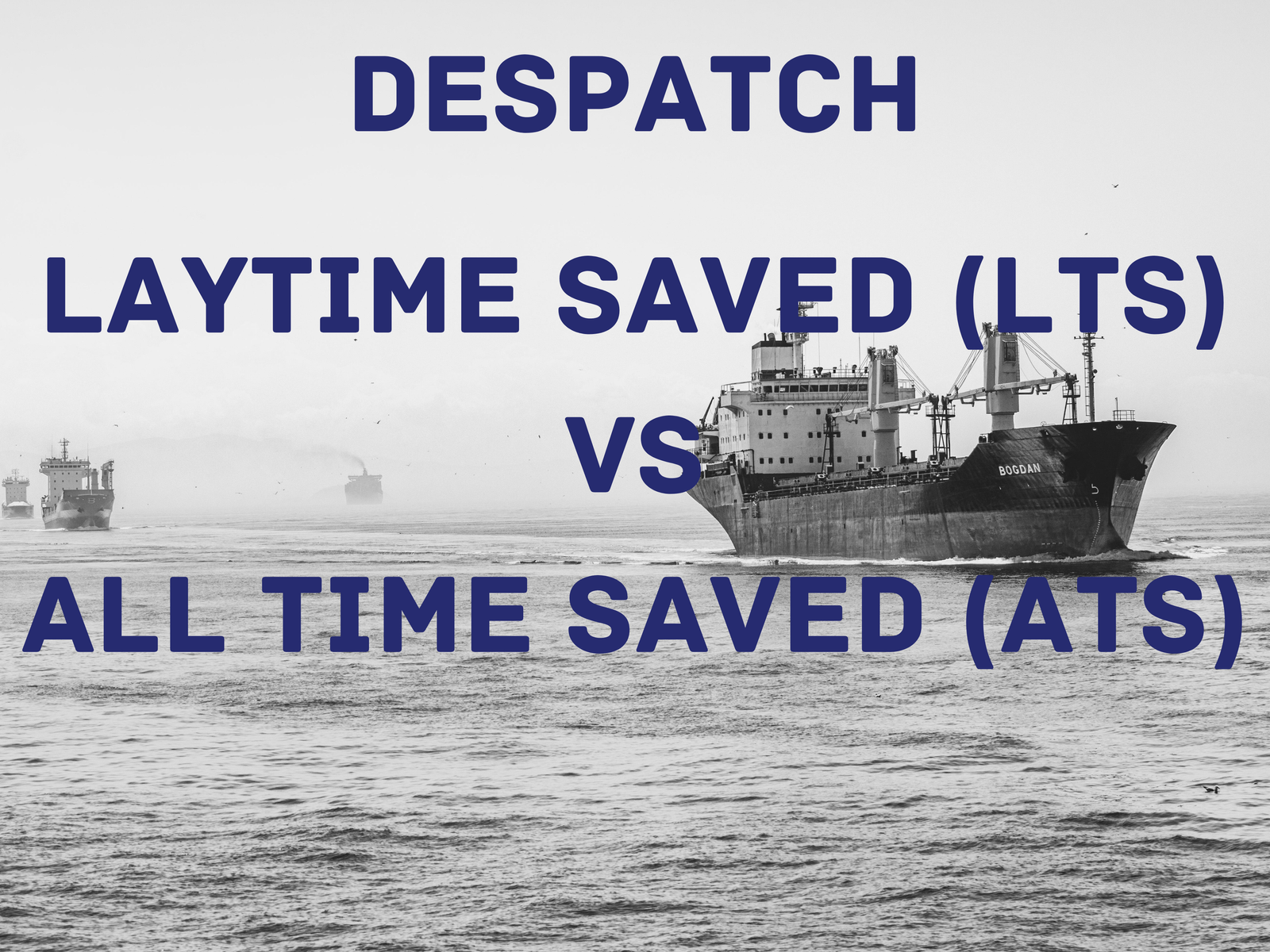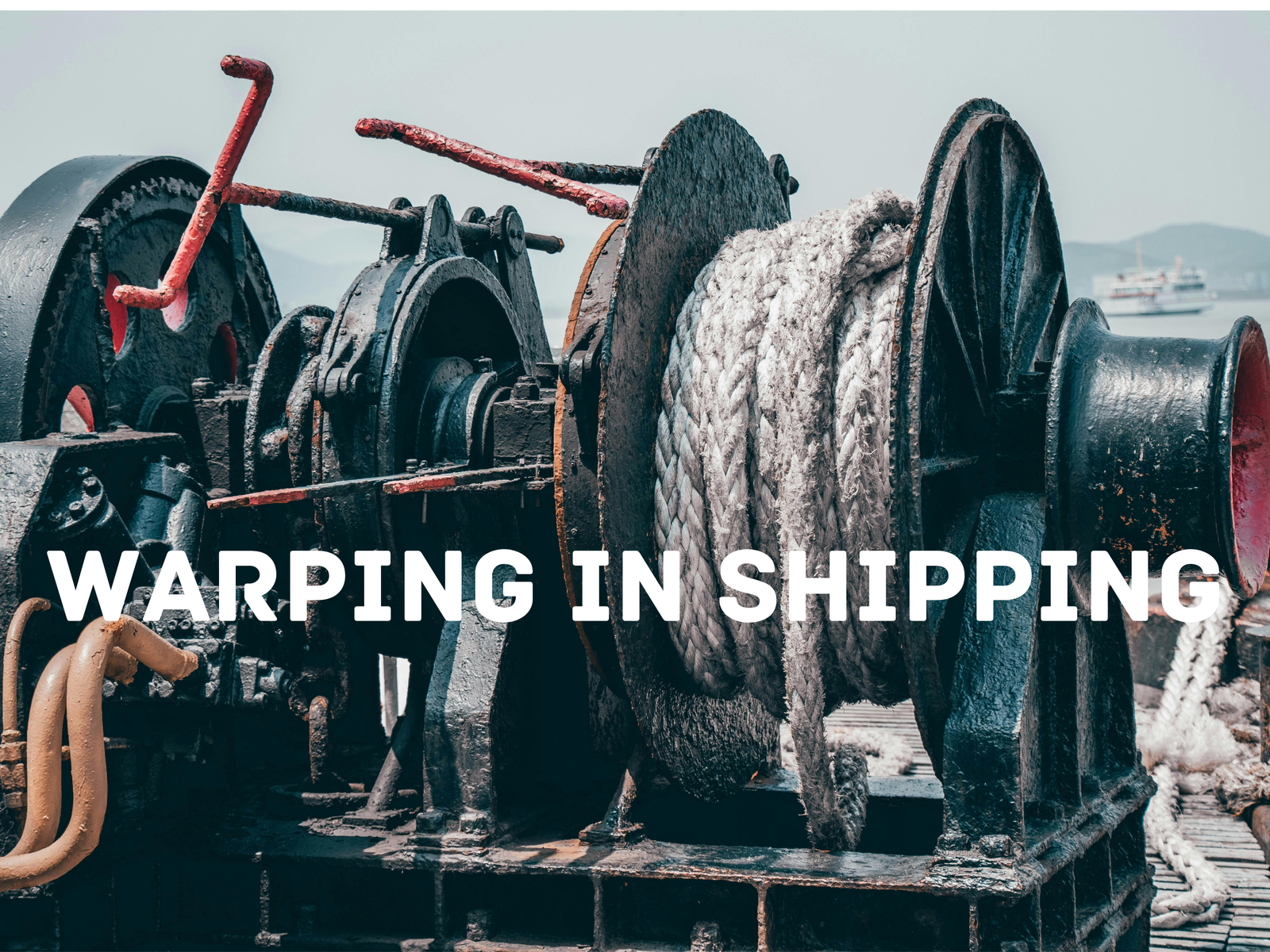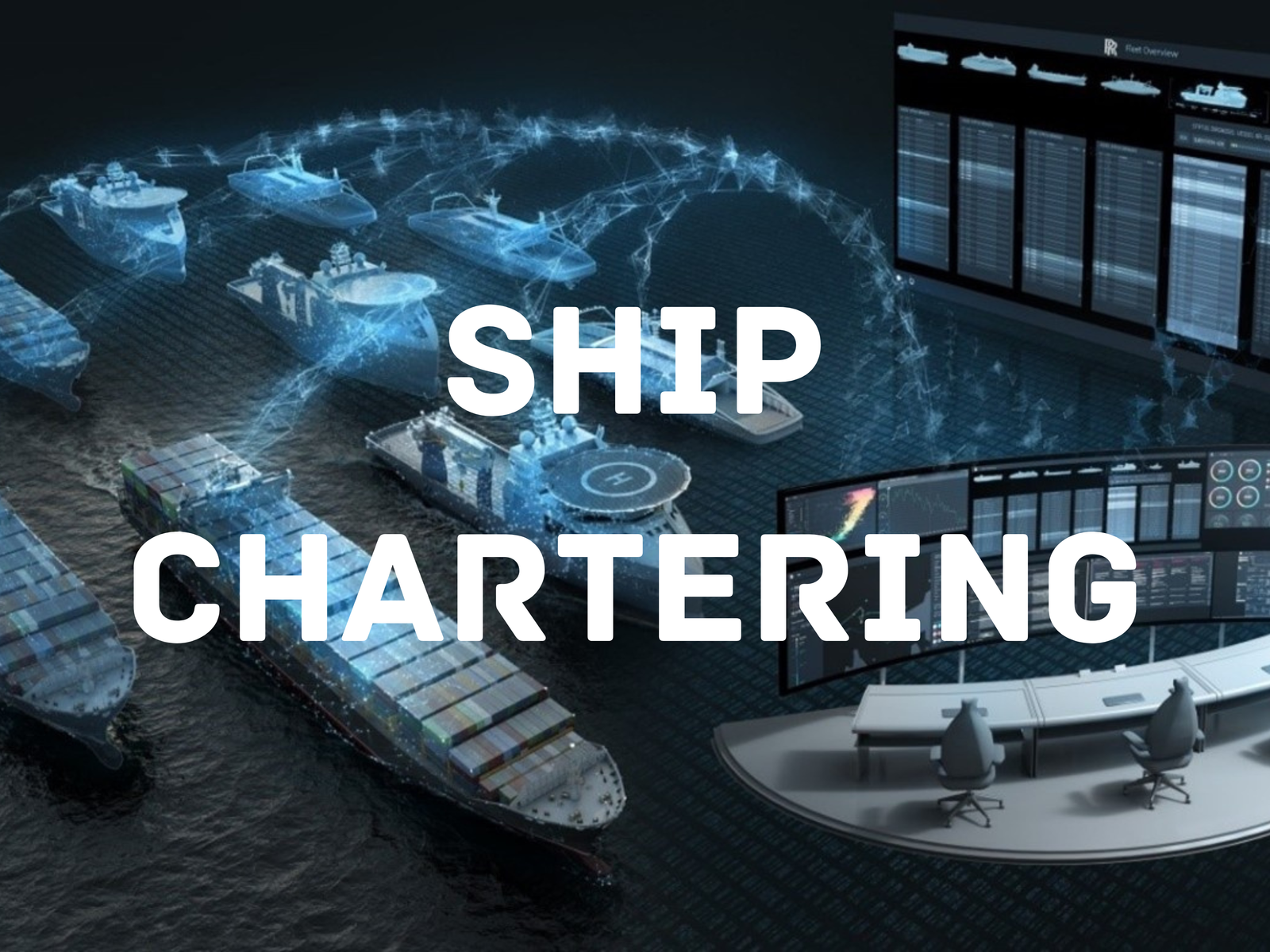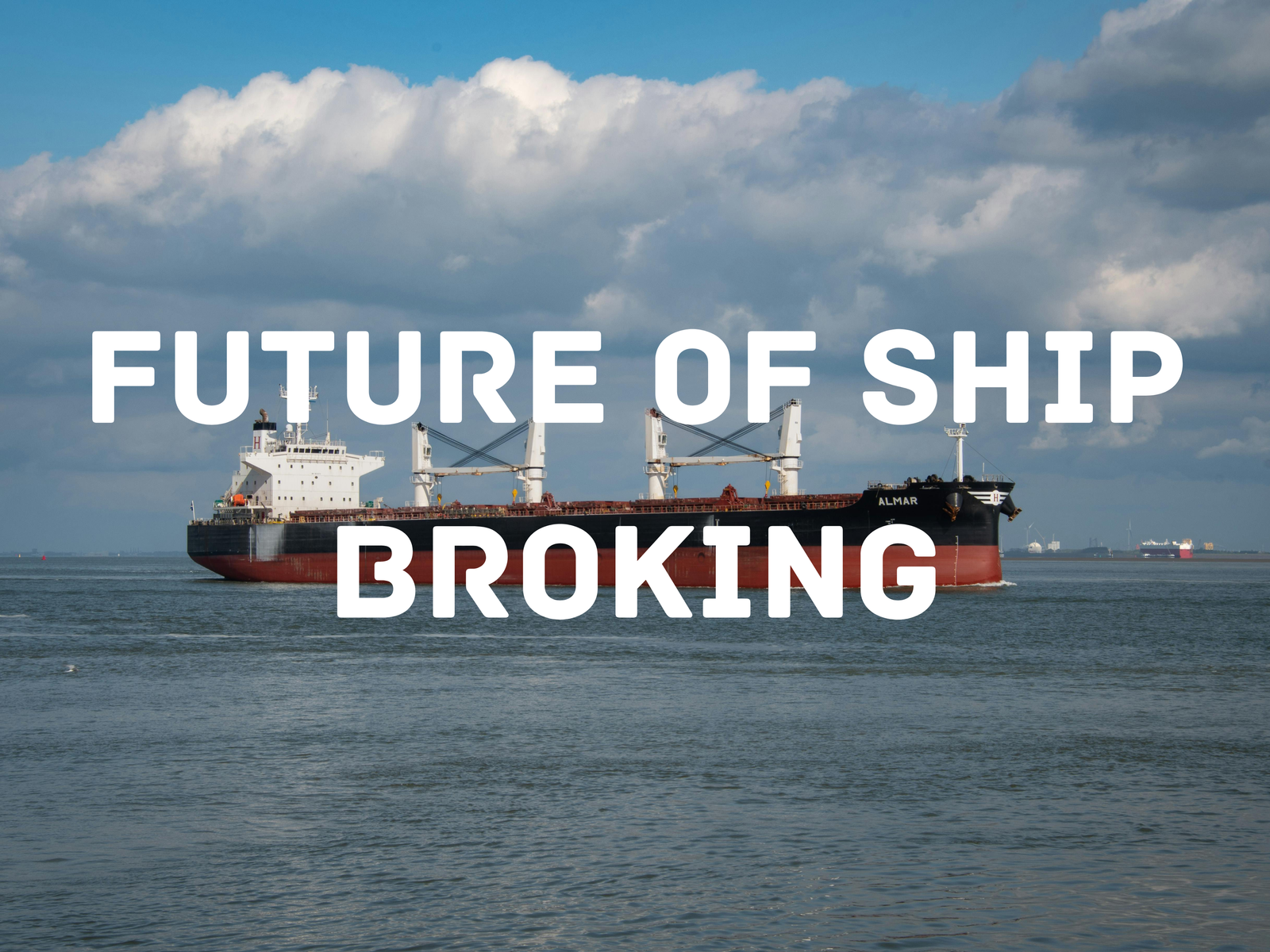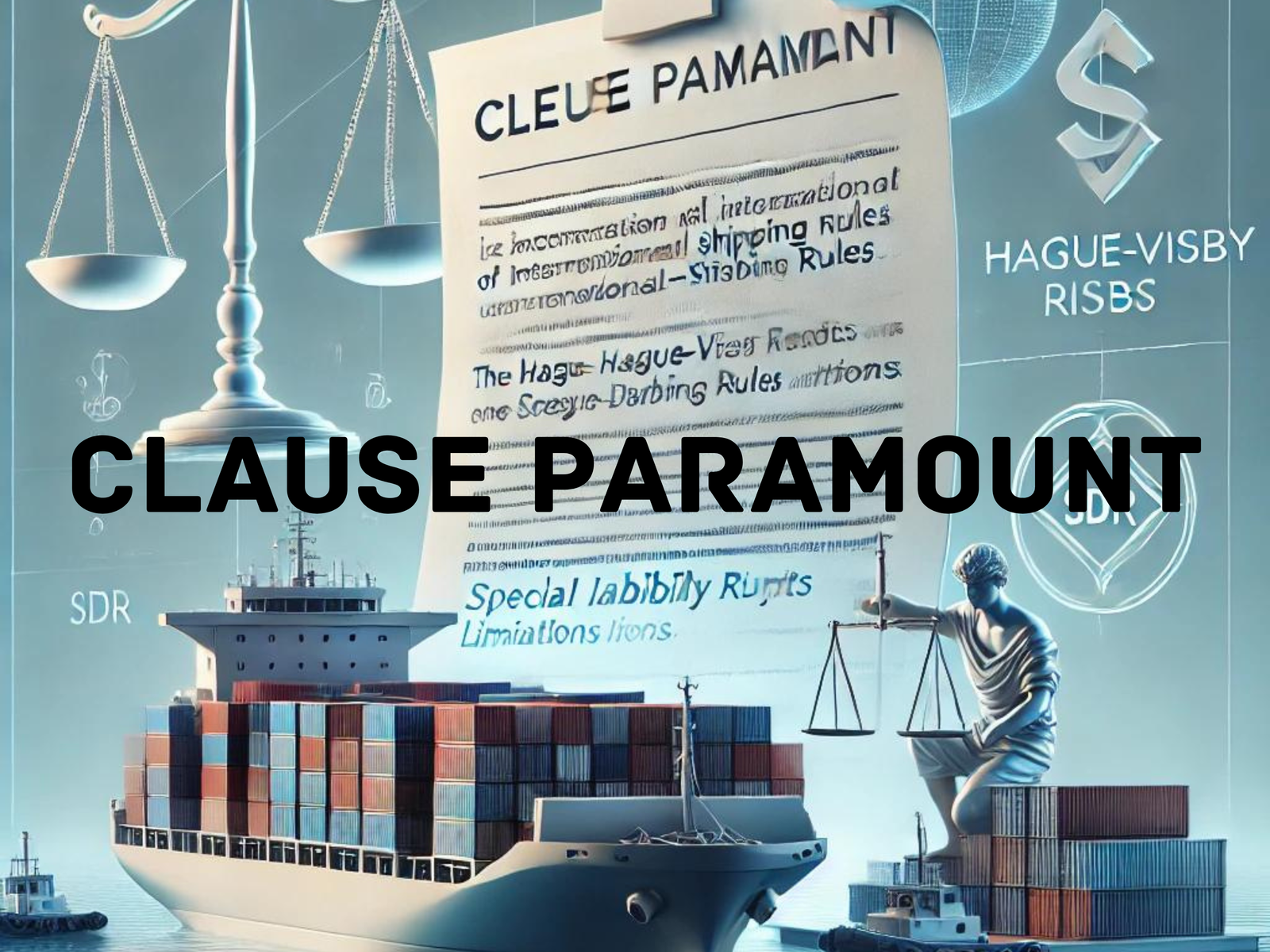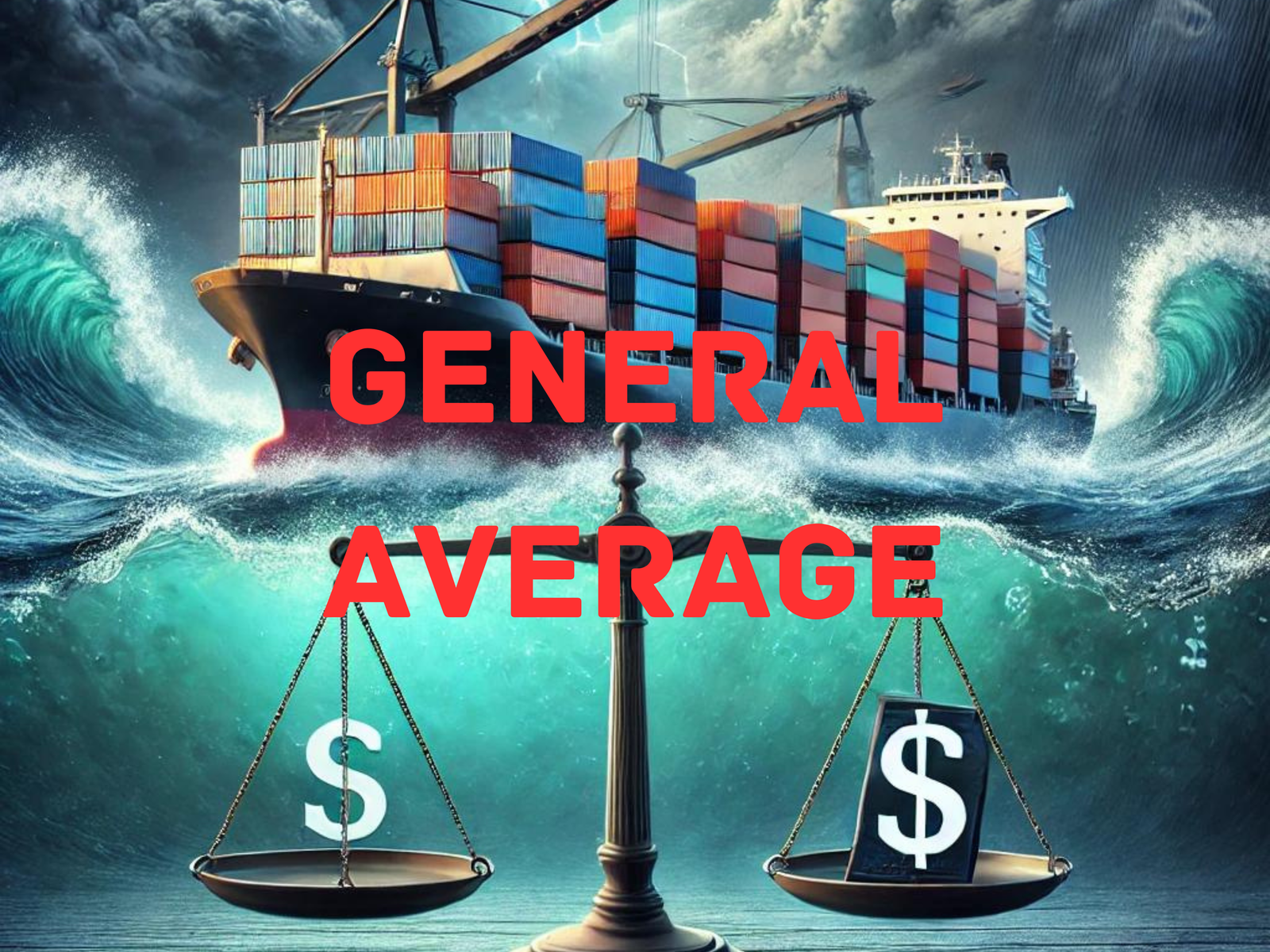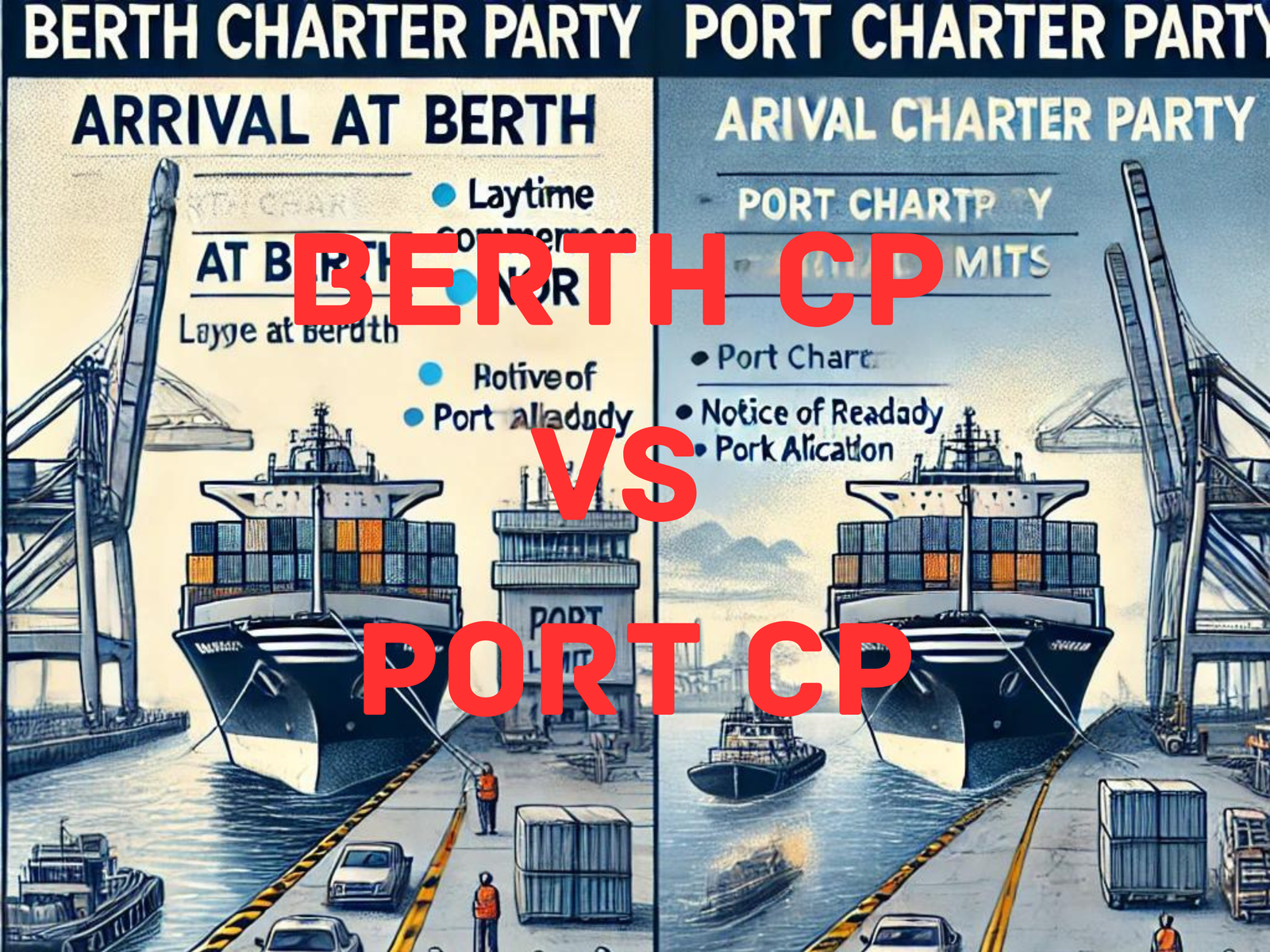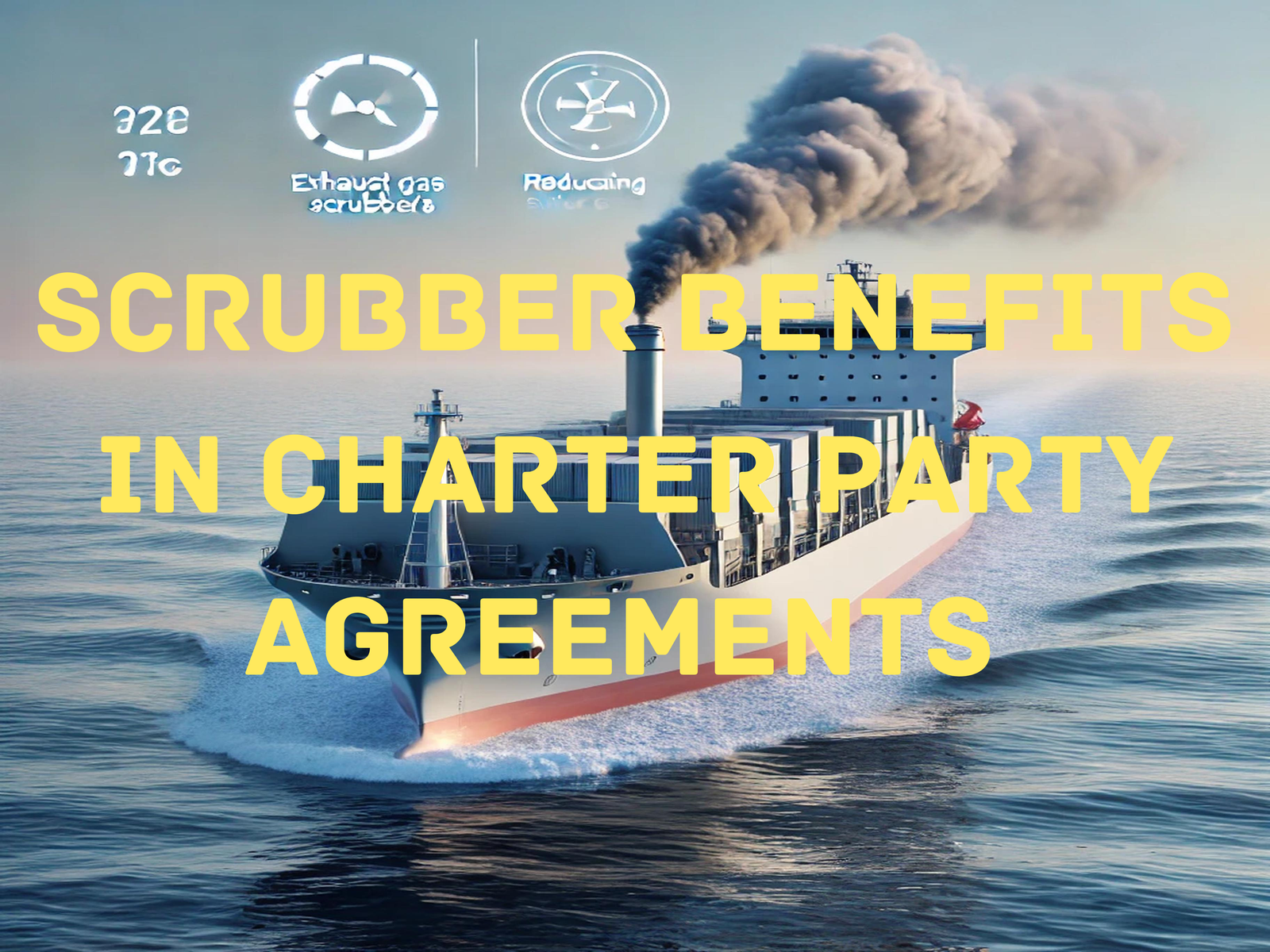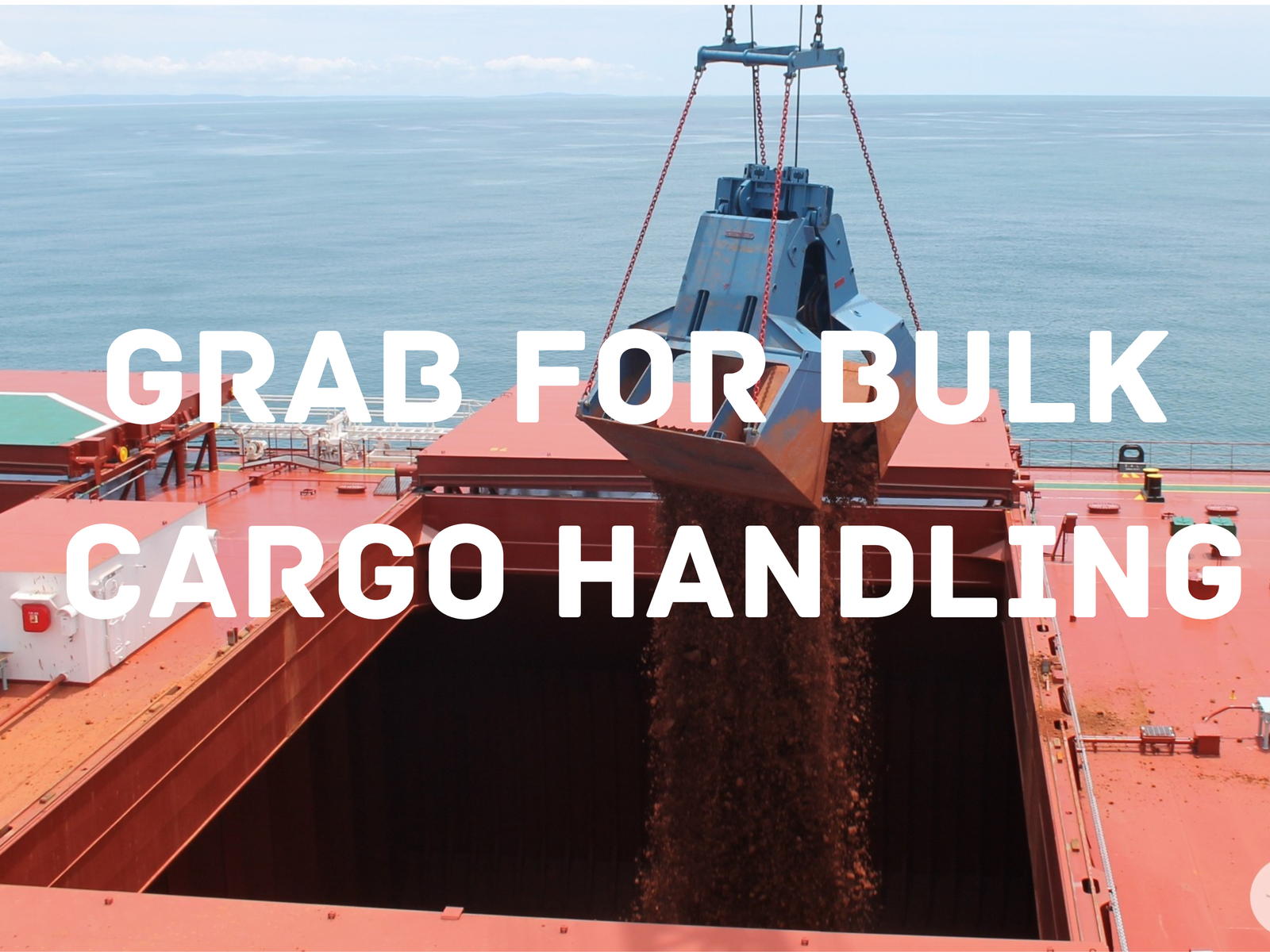In the world of shipping and logistics, terms like demurrage and detention are often confusing, especially for businesses new to international trade or to youngsters who are not very experienced. While these terms may sound similar, they refer to distinct charges that can significantly impact your shipping costs if not properly managed.
The main cause for this confusion arises when the vessel has arrived at the load or discharge port and a valid Notice of Readiness has been tendered, but before the laytime has started or has ended. These delays are extra costs that the vessel owner or operator has not taken into account or covered under the voyage estimation.
Let’s delve into the key differences between demurrage and detention, and how you can avoid unnecessary expenses.
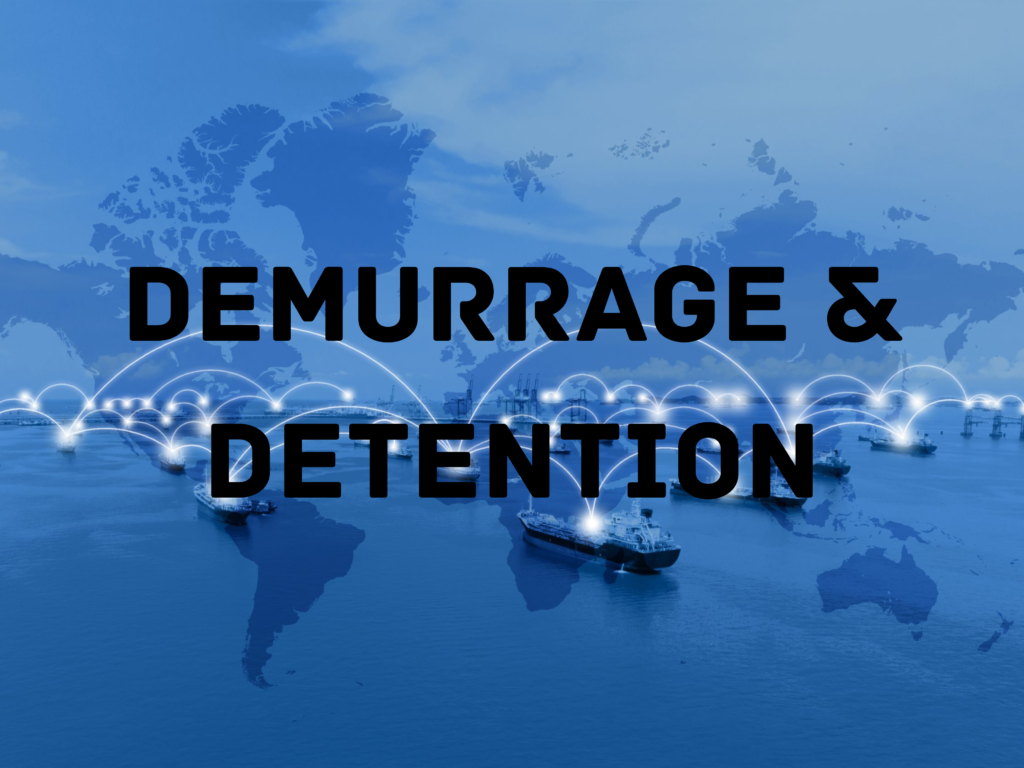
Demurrage and Detention: Key Differences Explained
What is Demurrage?
Demurrage is a claim charged by the ship owners to the charterers of the vessel when the loading or discharging of the cargo takes extra time as compared to the time defined during the fixing of the cargo. This results in due to the slow load or discharge rate of the actual cargo operations taking place at the port as declared in the charter party.
In brief, It is a penalty for not loading or discharging the cargo as intended or declared in the charter party.
What is Detention?
Detention is a claim or penalty claimed by the owners or operator of the vessel from charterers when the laytime has not begun or has ended and when charters wrongfully withhold the vessel within their sphere of responsibility.
A typical example of such withholding of a vessel wrongly is when a charterer or his representative (Agent) takes beyond a reasonable time to bring the cargo documents on board after the loading operations have been completed or if there are any delays in the sailing of the vessel due to any reason results in a claim as detention instead of demurrage because of the clause in the charter party which says that laytime to end upon the completion of loading operations and delays falls outside the scope of contractual terms.
Why Understanding of Demurrage and Detention Charges Matters
Both demurrage and detention can lead to substantial costs if not managed effectively. Knowing the difference helps businesses:
- Plan better shipments and avoid unnecessary delays.
- Communicate clearly when negotiating charter parties.
- Optimize shipping and trade operations processes to minimize expenses.
Tips to Avoid Demurrage and Detention Charges
- Plan Ahead: Ensure all documentation is in order and customs clearance is arranged before the cargo arrives.
- Track Your Shipments: Use tracking tools to monitor cargo status and plan timely pickups and loading.
- Communicate with Stakeholders: Keep in touch with shipping owners, traders, shippers, and logistics concerned to stay updated on deadlines.
- Leverage Technology: Invest in logistics management software to streamline operations and avoid delays.
- Negotiate Free Time: Depending on your volume of shipments, you may be able to negotiate extended free time with ship owners.
Normally, bulk shipping charter parties do not separately mention charges or rates for detention, and in general, it is negotiated and covered along with laytime calculations, however, these are port contracts, loading elevators tariffs, or contracts such as NAEGA which specifically mention about the detention charges and when these applies.
Detentions normally happen more in container shipping. In the container shipping industry, detention refers to the fee charged to consignees or shippers for keeping containers beyond the agreed free time outside the port or terminal. This period allows for unloading, clearing, and returning the container to the shipping line. Detention fees incentivize the timely return of equipment to maintain operational efficiency and prevent delays in the supply chain. Proper planning and communication can help avoid detention charges and optimize logistics processes.
Conclusion
Understanding the difference between demurrage and detention is essential for effective vessel operations management. These charges, though avoidable with proper planning, can quickly add up if overlooked. By staying proactive and implementing best practices, owners and operators can save costs and ensure smoother shipping operations.
Contact us for any advice and or if you have any doubts. We are just an email away.

